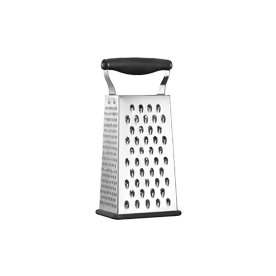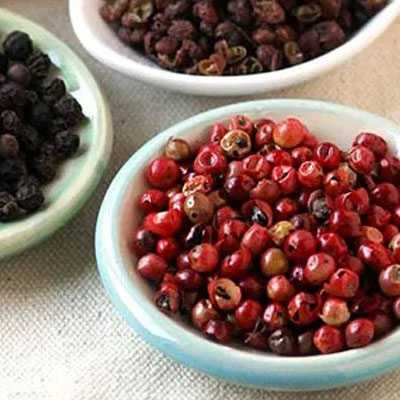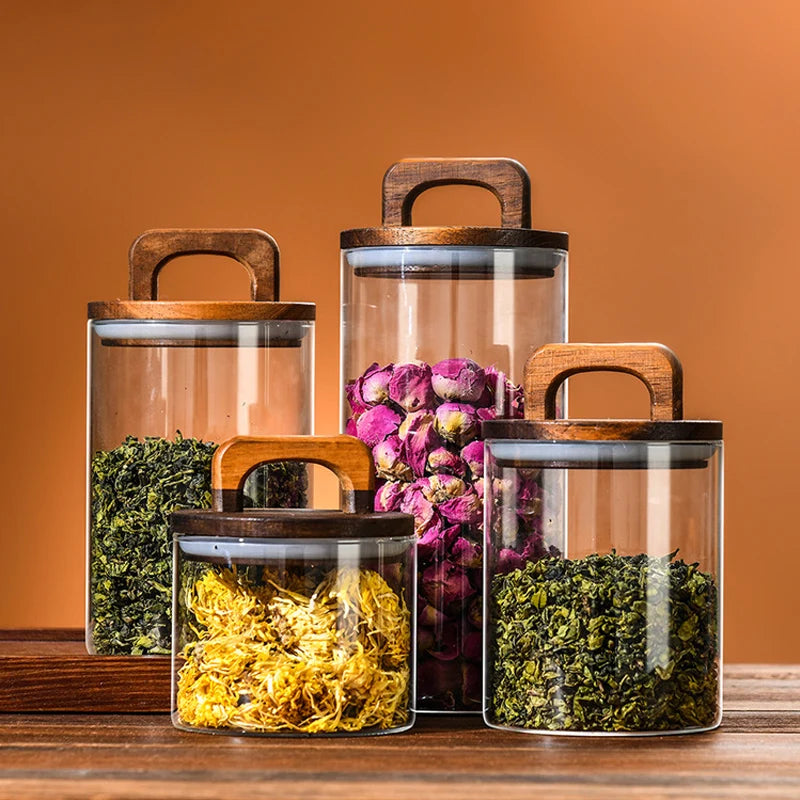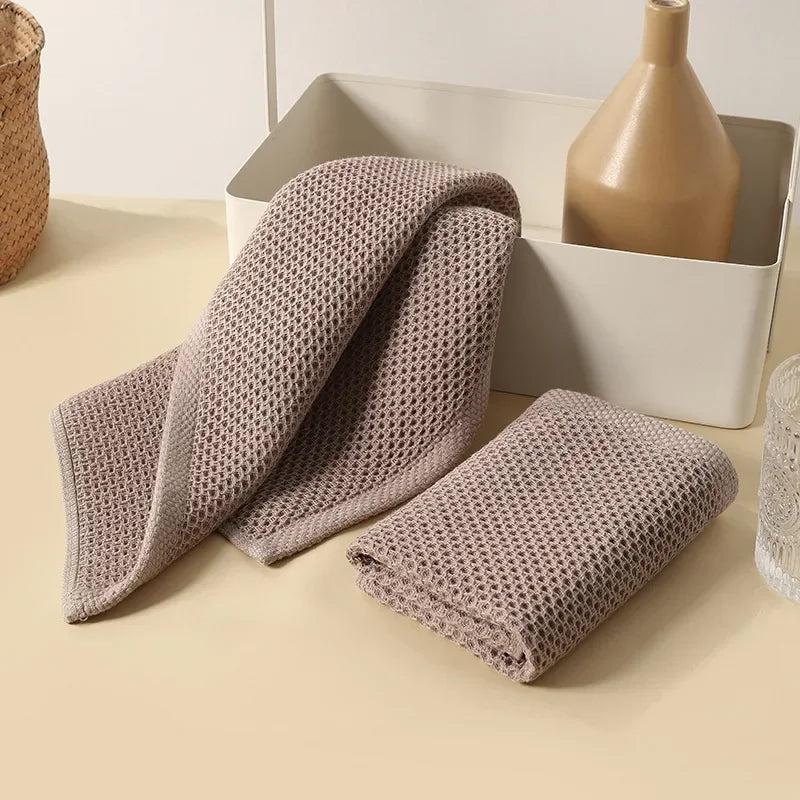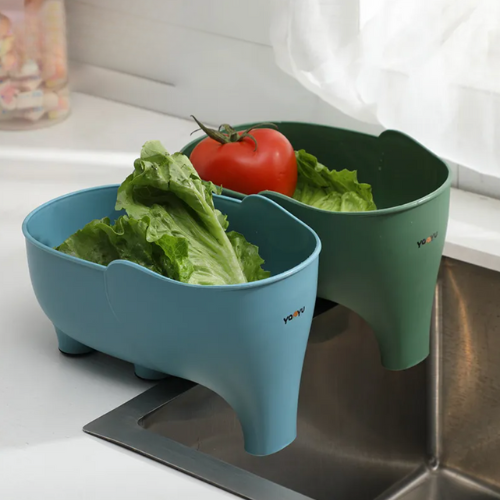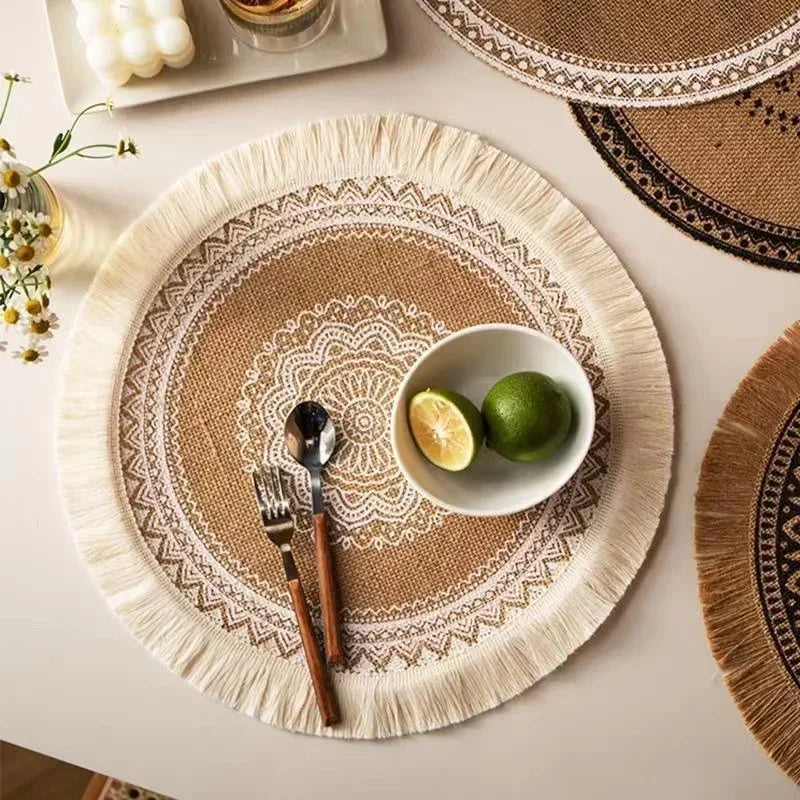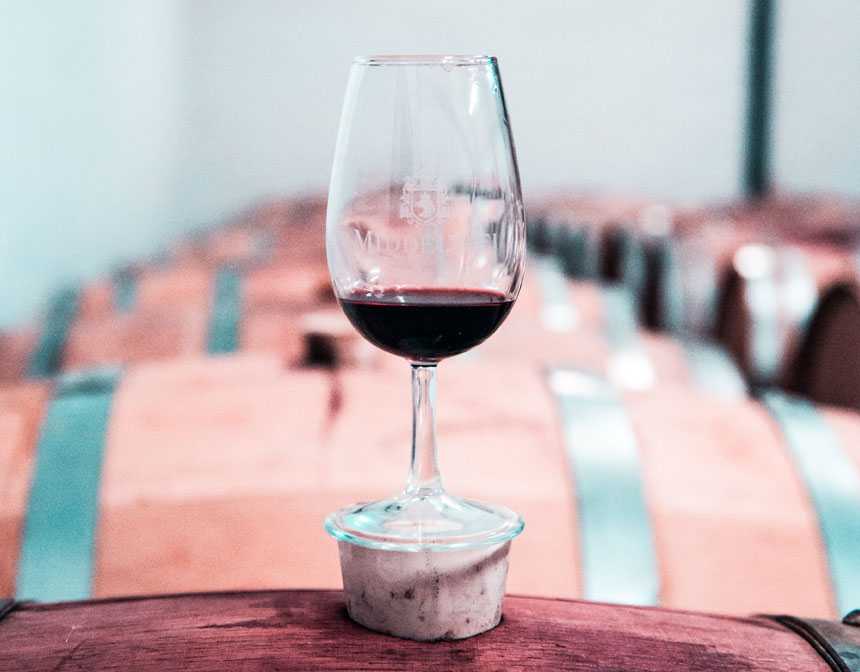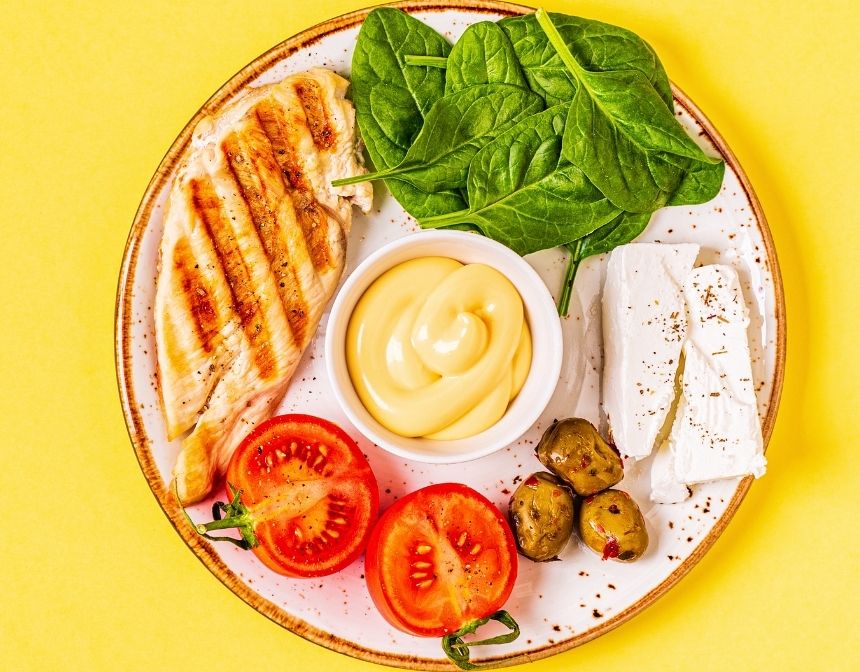What Is Orzo Pasta?
Orzo pasta is a kind of short-cut pasta that resembles large grains of rice in shape and is most often made from white flour but can also be made from whole grain. It is known as 'Rossini' in Italy and is traditionally used in Italian wedding soup.
As for the origins of this complex pasta, orzo was first created in Italy but is often associated with Greek cuisine due to its popularity in Greece. It is also highly versatile, easy to cook, and compatible with many different cooking styles.
Is Orzo A Pasta Or Rice?
So the age-old question, is orzo pasta or rice? Despite orzo looking a lot like rice, it isn't actually rice or even made from it. Orzo is actually a kind of pasta made from durum wheat and processed to look like large rice grains. Its name 'orzo' is Italian for 'barley' due to the pasta's resemblance to the grain's unprocessed form, and it's classified as 'pastina', a class of tiny pasta most often used for soups.
Never try to use orzo and rice interchangeably, as they are two completely different things with completely different textures. Orzo may be shaped to look like rice, but it is still pasta and cooked quite differently from rice for best results. If you are afraid of accidentally mixing the two up, be sure to label them properly and even keep them in separate cabinets if possible.
Is Orzo Pasta Vegan?
Yes! Unlike many other kinds of pasta, orzo is generally vegan-friendly as it is made with just flour, water, and salt and doesn't contain any eggs or dairy. Orzo is also pretty healthy as it is a good source of thiamin and niacin and also has some vitamin B6, folate, iron, and zinc.
And although this orzo recipe isn’t really vegan due to the addition of Parmesan cheese, you can easily make it so by using vegan Parmesan cheese instead of the animal-derived kind.
How Long Do You Cook Orzo For Al Dente?
Al dente pasta is cooked, so it's tender but still offers some resistance when bitten into. To cook your gluten-free orzo pasta to al dente, have it simmer in a pot of salted water for about 8-10 minutes, or however long the package instructions tell you to. Bite into a piece of pasta a minute or so before package instructions indicate doneness to check for al dente. Once the pasta tastes cooked but is still firm to the bite, it is al dente and should be removed from the stove and drained immediately.
Why Is My Orzo Sticky?
Orzo pasta has a much greater tendency to stick when compared to other types of pasta due to its greater surface area and small size. More often than not, sticky orzo means it was either cooked for too long or had too little water added to it.
To prevent your orzo pasta from sticking, stir frequently while it’s cooking and rinse it with cold water immediately after draining. You can also add a little oil to the pasta to prevent sticking if not using immediately. As for how to unstick already stuck pasta, plunge it in boiling water with a tablespoon of oil or butter added and drain again.



